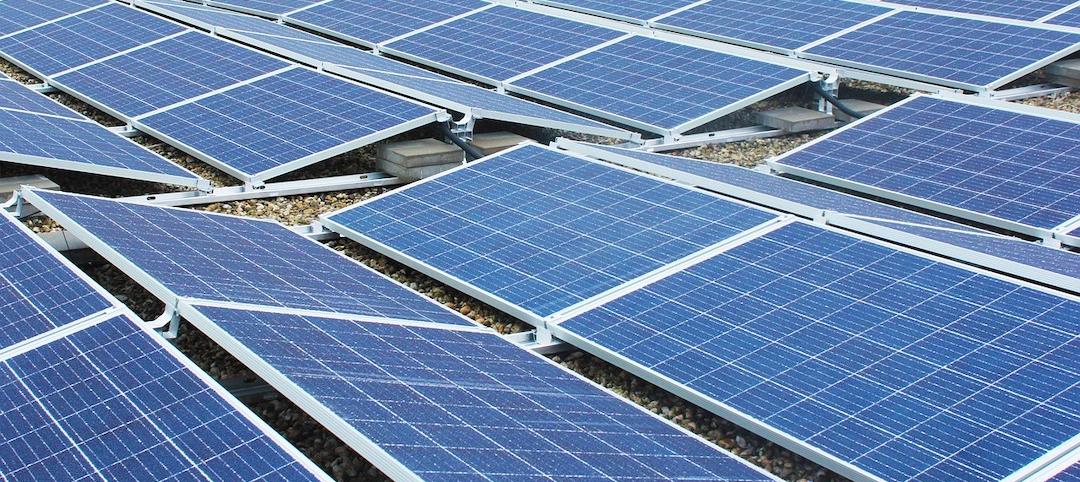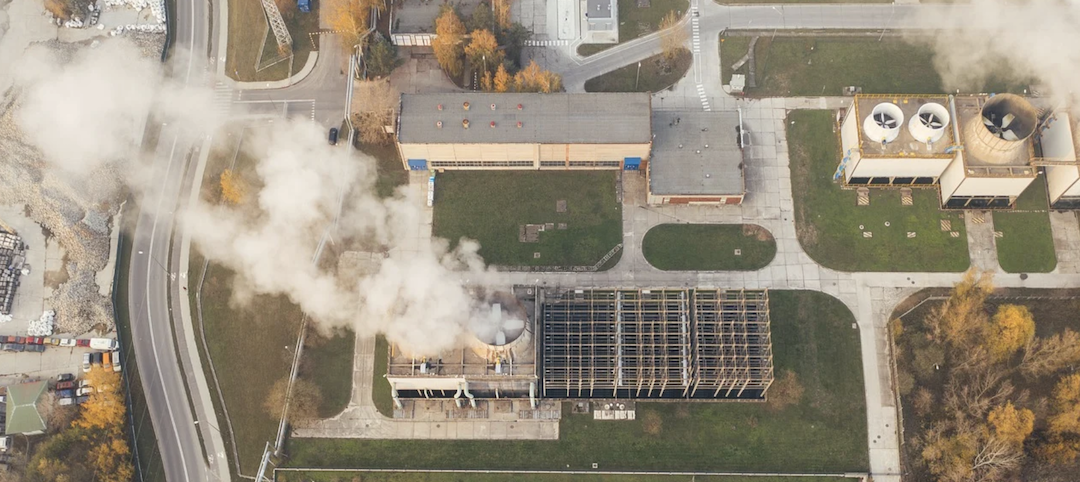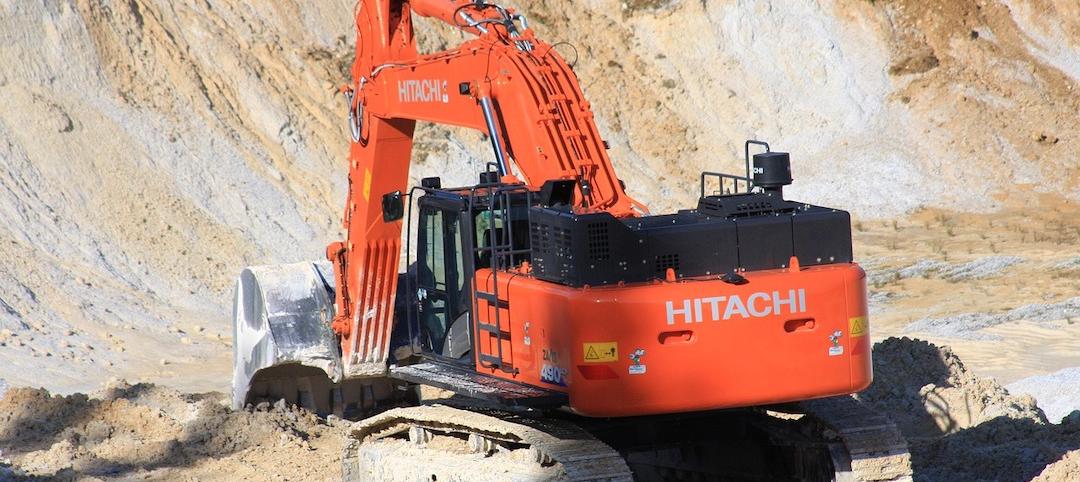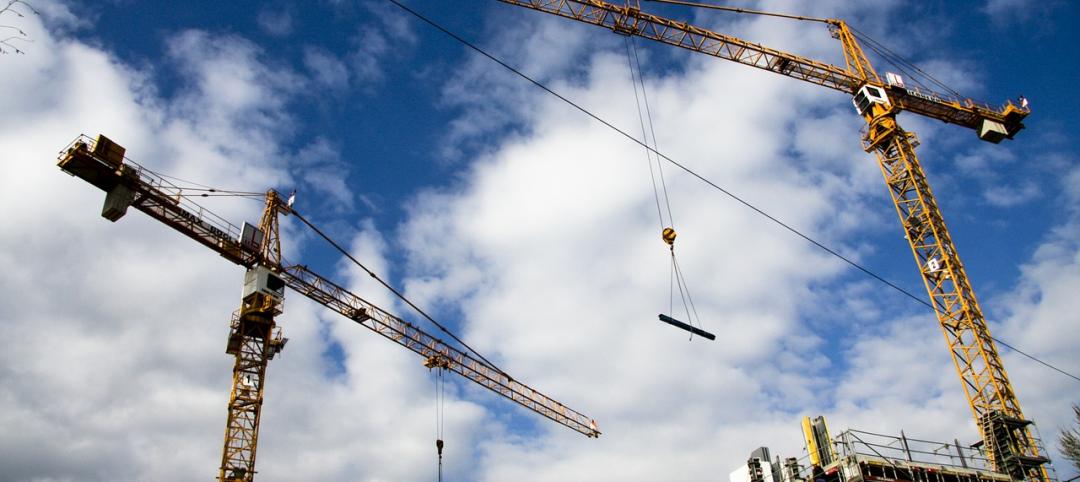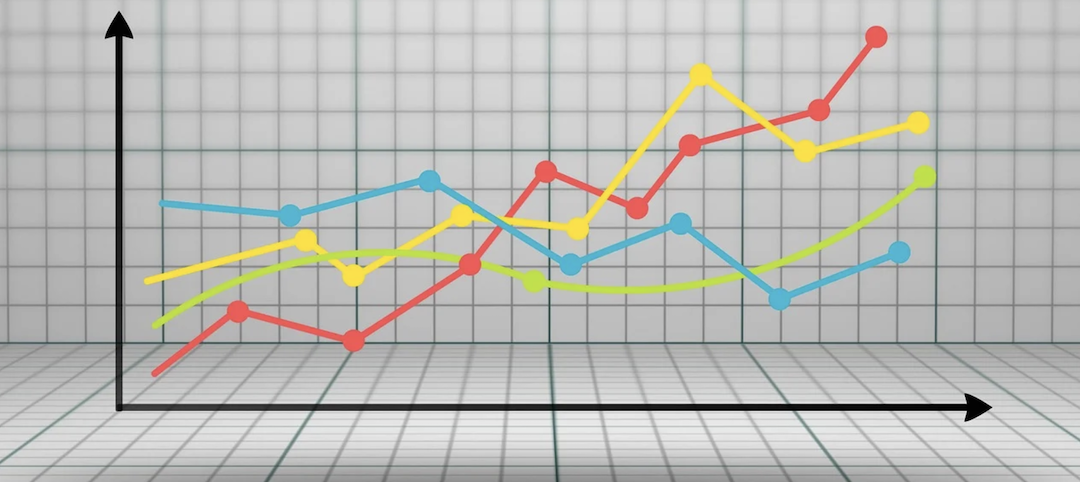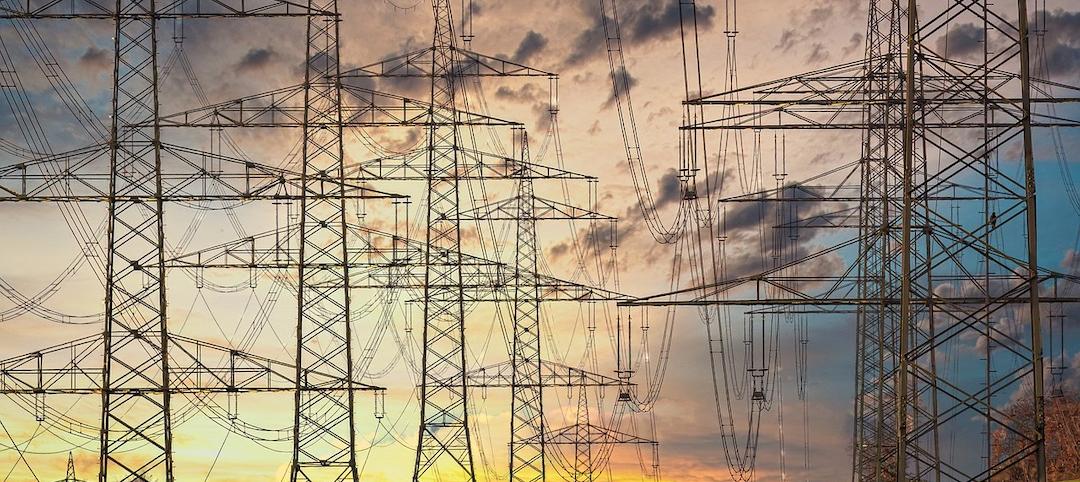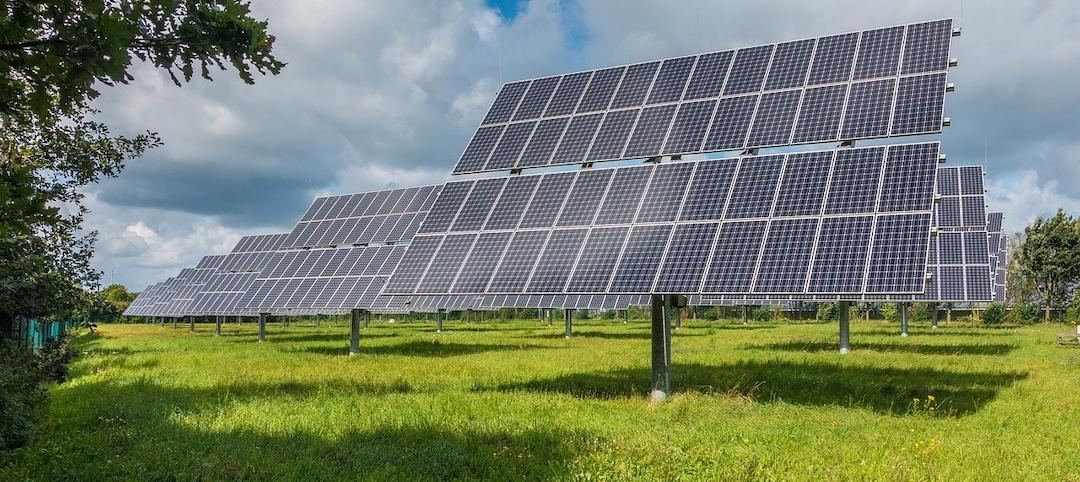The 2021 Hospital Energy and Water Benchmarking Survey by Grumman|Butkus Associates found that U.S. hospitals’ use of fossil fuels is declining since the inception of the annual survey 25 years ago, but electricity use is dipping more slowly.
The average combined Btu/ft2 (electricity plus gas/steam) for participating facilities was 236,743 in this year’s survey, up from 233,491 in 2019. “However, interpretation of year-to-year trends should be tempered by the realization that the respondent pool for the 2021 survey was different from the pool from the 2020 edition, due to the stresses that COVID-19 response placed on the healthcare facility personnel who normally participate, particularly during 2019,” according to a news release.
Hospitals’ average carbon footprint has remained fairly steady at 50 to 60 pounds of CO2 equivalent per square foot per year since GBA began calculating carbon data in 1999. CO2 footprint in 2020 was up from a low in 2019 (likely attributable to a change in respondents for the 2020 survey), but still shows an 18% decrease from 2018.
“To meet the ambitious goals put forth by the Biden Administration, hospitals will have to achieve much more significant reductions in the near term,” says GBA-Illinois Chairman Dan Doyle. “These reductions can only be achieved by implementing larger and more costly retrofits of existing buildings.
“The drive to decarbonize will also require building owners to embrace fuel switching to renewable-based energy sources. Many leading healthcare systems are implementing on-site renewables (usually solar photovoltaic systems), as well as off-site renewables, often funded through Power Purchase Agreements (PPA) to purchase some or all of their electricity.”
Related Stories
Codes and Standards | Dec 16, 2021
Laws and regulations complicate growth of community solar gardens
New projects stymied by utility resistance and legislative restrictions.
Codes and Standards | Dec 16, 2021
Property owners need systematic approach to GHG emissions reduction
Energy hog buildings at risk for becoming stranded assets.
Codes and Standards | Dec 15, 2021
Design problems now the primary cause of construction claims and disputes
More likely to occur due to more tight timescales imposed upon third parties engaged in design.
Codes and Standards | Dec 13, 2021
ABC releases guide to technology for improving safety performance
Provides details on how to identify, choose, and implement technology.
Codes and Standards | Dec 8, 2021
Construction industry is the top target for cyberattacks
Smart building tech is a new avenue for criminals.
Codes and Standards | Dec 8, 2021
Proposals to add more multifamily to Atlanta prompt drive for Buckhead to secede
City aims to increase housing as projections point to sharp population increase.
Codes and Standards | Dec 7, 2021
Design problems now the primary cause of construction claims and disputes
More likely to occur due to more tight timescales imposed upon third parties engaged in design.
Codes and Standards | Dec 5, 2021
New standard for Phase I environmental reports requires more research work on many sites
Update affects around 250,000 commercial real estate transactions a year.
Codes and Standards | Nov 30, 2021
Dept. of Energy publishes RFP for technical assistance on supporting better building codes
Addresses advanced standards to reduce energy consumption and GHG emissions.
Codes and Standards | Nov 29, 2021
Ithaca, N.Y., votes to electrify, decarbonize all its buildings
First initiative of its kind in U.S.



